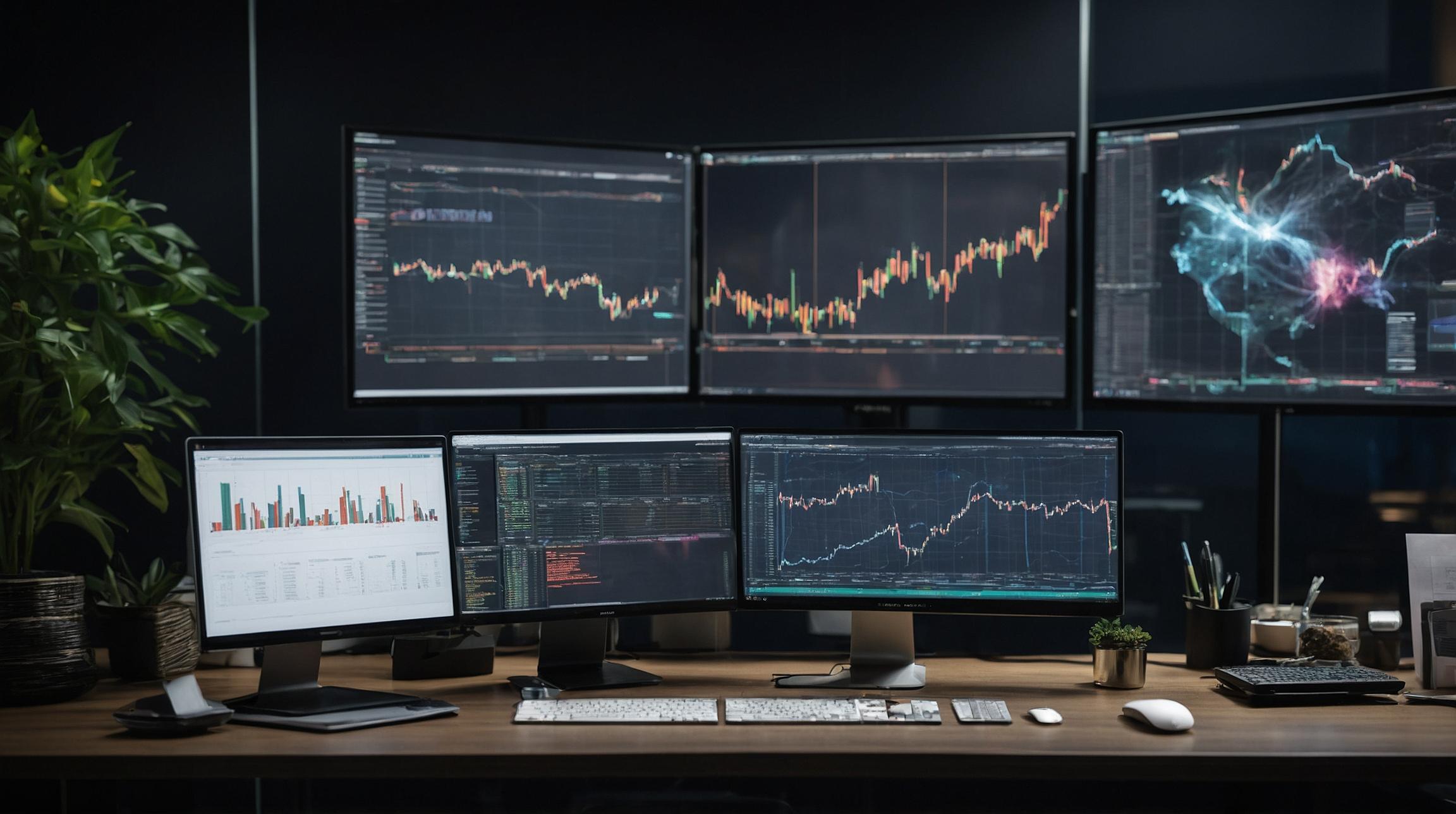Rising Demand for AI and Energy Consumption
As the world increasingly adopts artificial intelligence (AI), the pressing need for sustainable computing becomes ever more apparent. AI technologies, while beneficial, are contributing to a rise in energy consumption. Singapore's Deputy Prime Minister Heng Swee Keat highlights the potential of AI to help curb emissions by optimizing power grids and creating sustainable supply chains (source: TechCrunch).
Digitalization and Carbon Footprint
The tech industry is a significant contributor to global greenhouse gas emissions, accounting for approximately 1.5% to 4%. It's crucial to intertwine the digital and green revolutions to mitigate this impact. Policies and innovations like Singapore's green data center roadmap aim to enhance energy efficiency and green energy use, ensuring AI is used sustainably.
Collaborative Efforts in Research and Innovation
Alibaba and Nanyang Technological University (NTU) have established a corporate lab to enhance Singapore's capabilities in research and enterprise. This lab focuses on creating green AI models to reduce energy consumption and environmental impact. Such collaborations are vital for fostering urban sustainability and advancing digital applications with minimal ecological footprints.
Industry Concerns and Responses
There is growing concern about AI's environmental impact. A recent survey reveals that 64% of AI decision-makers are worried about the energy use and carbon footprint of AI and machine learning projects. Despite these concerns, there is progress—42% of organizations have invested in energy-efficient hardware, noting significant impacts on reducing environmental harm (source: IDC Report).
AI Project Implementation and Challenges
AI adoption is on the rise, with 33% of respondents confirming significant value from widely implemented AI projects, up from 28% in the previous year. North America leads in AI implementation, followed by the Asia-Pacific and EMEA regions. The survey also notes challenges in storage, data management, and security as barriers to further AI deployment.
The Role of Generative AI
Generative AI is becoming a critical tool across organizations, with substantial investments in prediction models, classification, and robotics. While 24% of organizations have fully integrated Gen AI capabilities, others are still scaling up their efforts, often hindered by technological barriers.
In conclusion, the path forward involves embracing AI's potential to drive sustainability while addressing its energy demands. By leveraging innovations and fostering collaborative efforts, the tech industry can ensure a greener, more sustainable future.













